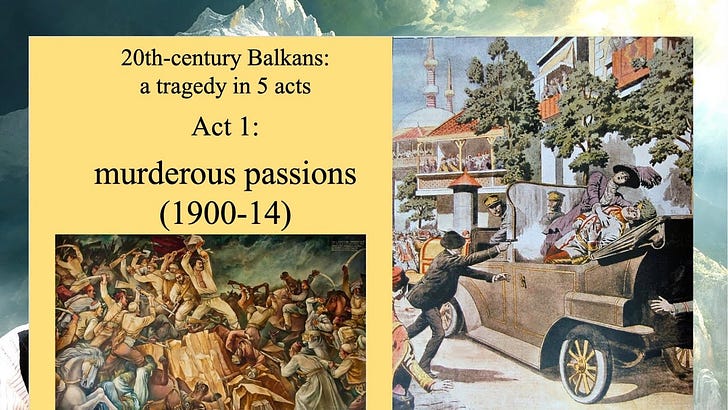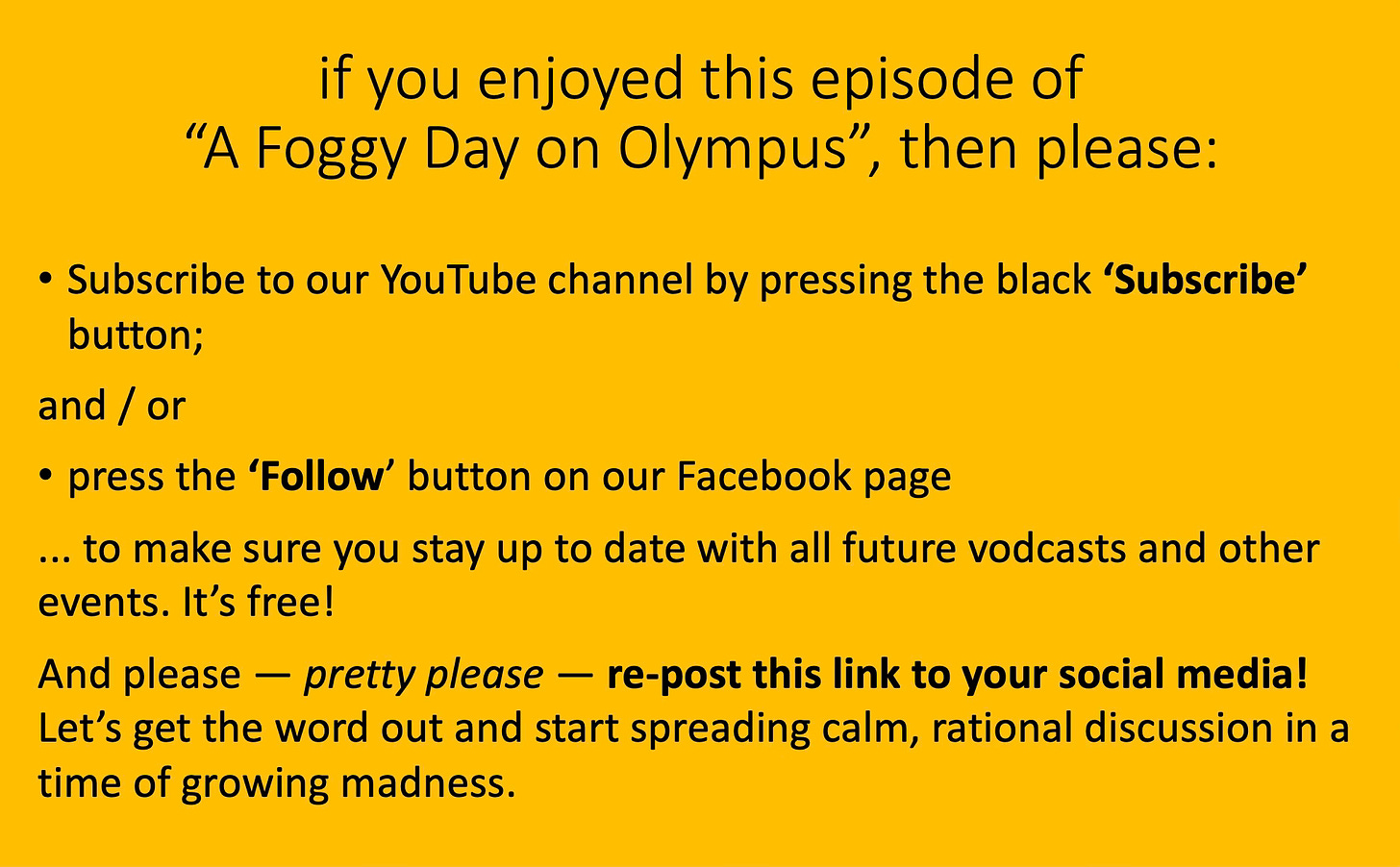At the turn of the 20th century, 'Balkans' — a fairly recently coined expression — was a by-word for impossibly tangled, furious politics; insoluble problems; passionate, mutually exclusive nationalisms; and fissiparousness.
Much of that reputation was cliché; many ordinary people, especially in rural areas, wanted simply to continue their old patterns of life. But it was precisely the more 'modern' elements of society in towns and among Western-influenced professionals who, in the Balkan context, adopted inherent-ist, nationalist readings of history to underpin political projects that would inevitably lead to the destruction of multi-ethnic, multi-lingual, multi-religious — and above all, ambiguous — societies in their attempts to create homogenous, 'pure' states supposedly descended from a mythic, heroic past.
By the early 20th century, all of this was coming to the boiling point....





